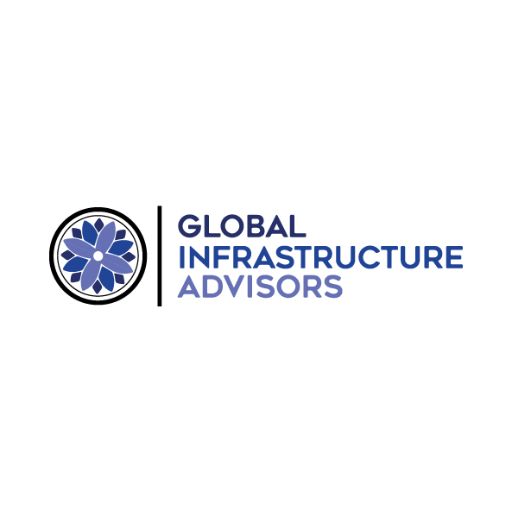As the global demand for sustainable solutions accelerates, renewable energy projects have become a cornerstone of energy transition strategies worldwide. However, while the technology and environmental need are well-established, securing the right funding remains a major hurdle for many developers and investors. To finance renewable energy projects effectively, stakeholders must adopt innovative, flexible, and forward-looking financing strategies that align with both long-term success and evolving market dynamics.
From solar farms in Africa to wind energy installations in Asia, the growth of renewable energy is reshaping how we think about energy generation. Yet, these projects often require high upfront capital, long development timelines, and carry complex regulatory considerations—making financial structuring a critical component of success. Below, we explore several proven strategies to finance renewable energy projects and maximize their viability and impact.
1. Public-Private Partnerships (PPPs)
One of the most effective methods for financing large-scale renewable energy projects is through public-private partnerships. These collaborations leverage the strengths of both sectors—government incentives and private sector efficiency. By sharing the risks and returns, PPPs help unlock large infrastructure investments and facilitate long-term project sustainability. Governments often provide guarantees or feed-in tariffs, while private investors contribute capital and operational expertise.
2. Green Bonds and Climate Funds
Green bonds are increasingly popular tools for raising capital dedicated to environmentally friendly projects. Issued by governments, corporations, or financial institutions, these bonds attract socially conscious investors looking to support sustainability goals. Climate funds from global development banks, such as the Green Climate Fund or the World Bank’s climate finance programs, can also provide concessional financing, grants, or risk mitigation instruments to boost project feasibility in developing markets.
3. Power Purchase Agreements (PPAs)
Power Purchase Agreements are long-term contracts between energy producers and buyers (often utilities or large corporations), which lock in pricing for electricity generated from renewable sources. PPAs ensure steady cash flow and reduce investment risk, making projects more attractive to financiers. In emerging markets, multilateral agencies can often step in to de-risk PPAs, offering payment guarantees or political risk insurance.
4. Blended Finance Models
Blended finance is the strategic use of development finance and philanthropic funds to mobilize private capital into projects that would otherwise be considered too risky. This model works well for renewable energy, especially in emerging and frontier markets. By layering public and private funds, investors are more likely to get involved in projects that serve both economic and environmental objectives. Development finance institutions (DFIs) play a key role in structuring these deals.
5. Equity and Venture Capital Investment
For smaller or innovative renewable energy projects, equity and venture capital are important funding channels. Startups with disruptive technologies, such as battery storage or microgrids, often seek venture capital to scale. Impact investors are also increasingly focusing on energy access, especially in off-grid areas, where renewable energy solutions offer both profitability and societal benefit.
6. Export Credit Agencies (ECAs) and International Support
Export credit agencies can help de-risk projects by providing low-interest loans or guarantees to facilitate the export of equipment and services for renewable energy projects. Additionally, institutions like USAID or the European Investment Bank can support feasibility studies, capacity building, and project structuring, particularly in developing countries.
7. Local Currency Financing and De-Risking Instruments
Currency fluctuations can heavily impact project revenues. Local currency financing reduces this risk and encourages domestic financial institutions to participate. Instruments like political risk insurance, currency hedging tools, and credit enhancement mechanisms provided by international financial institutions can further improve investor confidence.
With an ever-growing need for clean energy and increasing financial innovation, project developers and investors must be equipped with the right strategies to navigate this dynamic landscape. Whether through blended finance, green bonds, or PPPs, a strategic approach to funding is essential to finance renewable energy initiatives that are both scalable and sustainable.
Global Infrastructure Advisors brings deep expertise in structuring and executing complex renewable energy transactions across emerging markets. Our team helps clients identify the right mix of financing tools to turn visionary energy projects into long-term successes.



